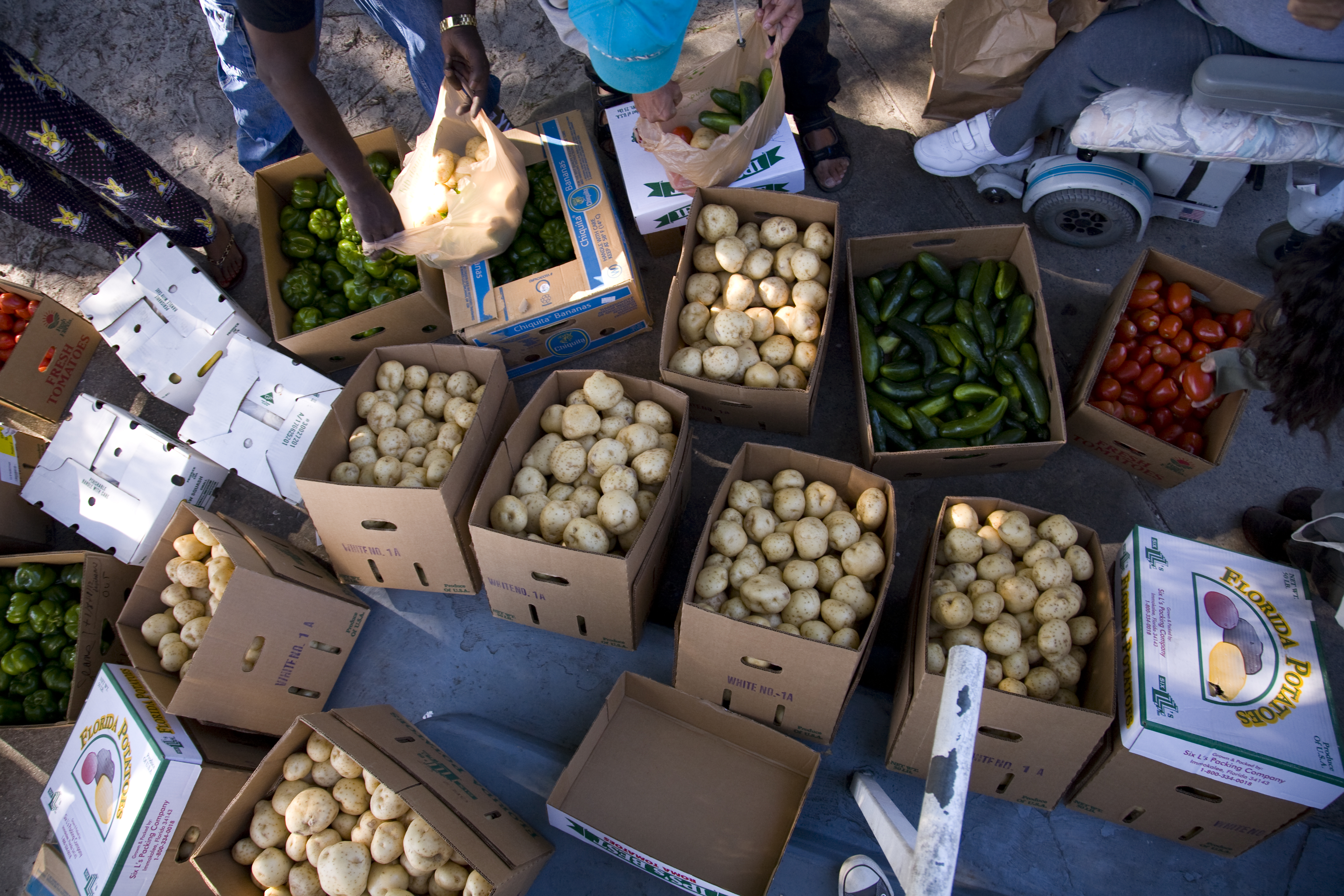Incentives to Eat More Healthfully on FoodShare
| Comments
A new study out on the dietary intake of SNAP (FoodShare in Wisconsin) participants coming out of the Rudd Center for Food Policy and Obesity shows that while all Americans eat poorly, SNAP/FoodShare participants eat a little less healthfully than the norm.
The review showed that calorie intake between Americans with higher incomes and Americans with lower incomes was similar. This is really good news as it shows that important hunger fighting programs like SNAP/FoodShare are working as they are intended. The bad news though is that the quality of diets is a little worse.
On a scale of 100, the average American scored 58 while the average SNAP recipient scored a 47, both failing grades.
It's really important to note that it's not that people on SNAP make poor food choices. In fact, this review suggests that all Americans make suboptimal food choices whether or not you are on SNAP. It's just that when you are on SNAP, you have less money and resources to make the healthier food choices.
Fresh fruits and vegetables are more nutritionally dense and more expensive on a per calories basis whereas less expensive food is more calorically dense. It's a catch-22 that people with low-incomes just can't easily escape.
This is why legislative efforts like AB 177, which aim to restrict what families on FoodShare can purchase, don't actually address the problem and can unfortunately have the unintended consequences of decreasing the amount of resources people on FoodShare have to buy food.
We all want people eat more healthfully and the best way to achieve that goal for people on FoodShare is to provide the resources for them to actually make healthier choices by creating incentives to increase healthful food purchases without getting caught in that awful the catch-22.
This is why we support AB 292, the Grow Wisconsin initiative which aims to start a "double up bucks" style grant program to help people on FoodShare purchase more fresh, Wisconsin grown food products. This would not only provide FoodShare recipients with the additional incentives they need to spend on healthier products, but it would also boost the agricultural and the local food producing economies in our state.
